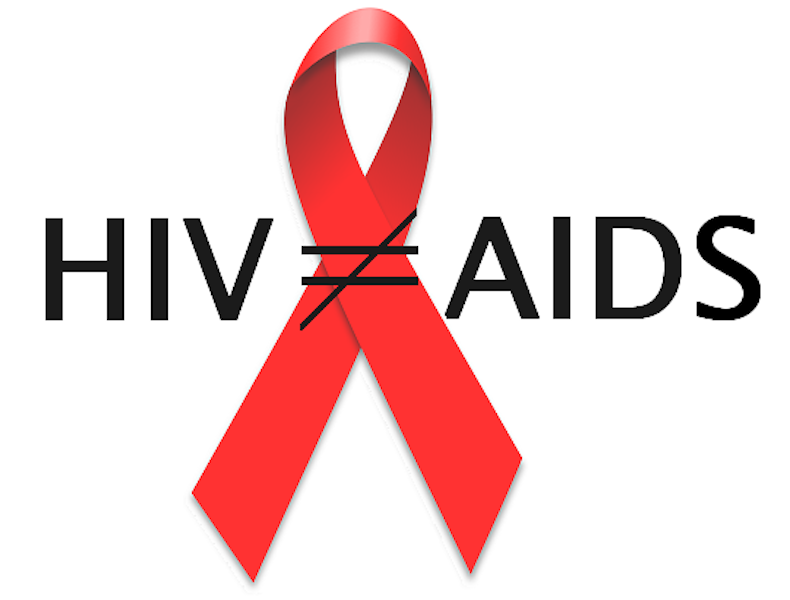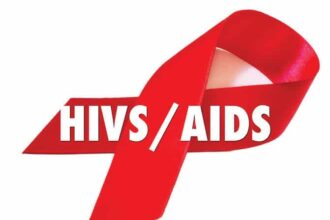The National Agency for the Control of AIDS (NACA) has issued a serious warning about the growing threat of Mpox (formerly known as monkeypox) to people living with HIV. The agency urges the public, especially those with compromised immune systems, to take immediate preventive measures.
NACA’s Director General, Dr. Temitope Ilori, highlighted the heightened risk that Mpox poses to individuals with HIV in a statement released by Toyin Aderibigbe, Head of Public Relations and Protocol. “While anyone can contract Mpox, individuals with compromised immune systems, such as those living with HIV, may experience more severe symptoms,” Dr. Ilori emphasized.
Dr. Ilori urged people living with HIV to take extra precautions, noting that NACA is closely monitoring the situation and collaborating with public health authorities to ensure adequate resources and information are available. “Our priority remains the health and well-being of Nigerians, especially those who are most vulnerable. We are committed to providing the necessary support to help people living with HIV navigate this added challenge,” she added.
She also stressed the importance of vigilance and early detection, advising the public to seek medical attention if they notice any unusual symptoms, such as a rash or fever. “Early intervention is key to managing Mpox effectively. We urge everyone, especially those living with HIV, to stay informed, adhere to preventive measures, and seek medical advice promptly if needed,” Dr. Ilori concluded.
Meanwhile, the Africa Centres for Disease Control (Africa CDC) has issued a call to action to all African health ministers, urging coordinated efforts to combat the spread of Mpox and enhance testing methods. In a letter dated August 23, 2024, Africa CDC Director-General Jean Kaseya highlighted the rapid spread of the disease, with cases nearly tripling in a short period.
Mpox was first declared a Public Health Emergency of International Concern (PHEIC) in 2022. The disease’s case fatality rate is alarmingly high at around three percent, and it has been linked to HIV, making it particularly concerning. “Several countries without previous cases have recently reported their first Mpox cases for 2024. Given this trend, there is a high risk that it could spread beyond Africa as well,” the letter warned.
Dr. Kaseya explained that the declaration of a public health emergency on August 13, 2024, followed a meeting convened by the Africa CDC’s Emergency Consultative Group (ECG), a panel of 20 high-level science and health experts. This group reviewed the epidemiological situation on the continent and provided critical recommendations.
From January 1 to August 23, 2024, a total of 21,466 Mpox cases were reported across 13 African Union member states. Of these, 3,350 were confirmed cases, and 18,116 were suspected, resulting in 591 deaths, with a case fatality rate of 2.9 percent. The affected countries include Burundi, Cameroon, the Central African Republic, Congo, Cote d’Ivoire, the Democratic Republic of Congo, Gabon, Liberia, Kenya, Nigeria, Rwanda, South Africa, and Uganda.
In his letter, Dr. Kaseya also mentioned that Gabon had recently confirmed its first case of Mpox, while Sierra Leone and Malawi had begun testing suspected cases. Nigeria has reported 40 confirmed cases and 830 suspected cases but has not recorded any fatalities.
Dr. Kaseya emphasized the limitations of relying solely on laboratory tests to diagnose Mpox, stating that a holistic approach integrating clinical assessment and epidemiological data is essential for accurately diagnosing and managing the disease. “A negative test result in the laboratory does not mean there is no Mpox epidemic,” he warned, underscoring the need for a comprehensive approach to addressing the outbreak.
The Africa CDC is working closely with African health ministers, epidemiologists, and international experts from organizations such as the US CDC, China CDC, Europe CDC, and WHO to provide the best possible guidance and support in managing the Mpox outbreak.
Source: https://www.thisdaylive.com











